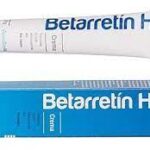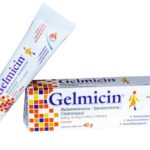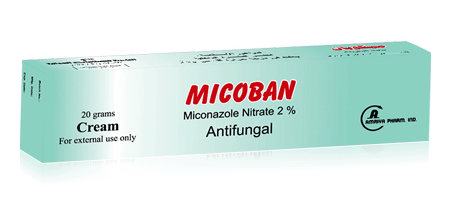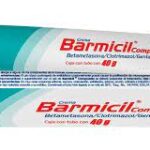Betarretin: Uses, Side Effects, How to Use It
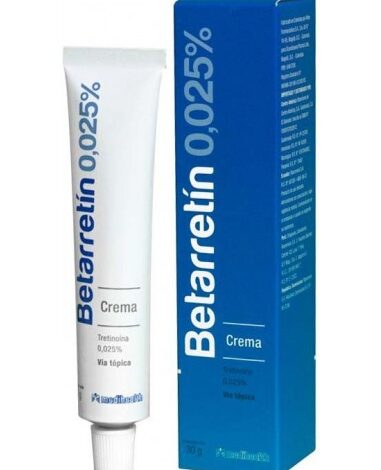
Betarretin is a topical cream or gel containing tretinoin (Retinoic acid), a prescription-strength medicine used mainly to treat acne, sun-damaged skin, and fine wrinkles. Betarretin cream works by irritating the skin. Tretinoin is able to speed up the life cycle of skin cells. It makes them divide faster and die faster, so newer, healthier cells can take their place.
In the United States, purchasing topical tretinoin requires a prescription. The only retinoid medication that can be purchased over the counter is adapalene (Differin). Typically, topical tretinoin is both a short-term solution and long-term treatment option for clearing up active breakouts. It’s used for hard-to-clear acne blemishes on your skin.
Betarretin is effective for many people, but it’s not for everyone. Keep reading to find out what you should know before trying tretinoin for your acne. Scientists have widely studied tretinoin for treating acne and sun-damaged skin.
One 2017 review cites clinical evidence that supports the use of topical tretinoin peels for sun-damaged skin. According to a 2019 study, a lotion containing 0.05% tretinoin effectively reduced inflammatory and noninflammatory acne lesions in adolescents aged 12–18 years. Another review found that topical and oral tretinoin are effective treatments for inflammatory acne in adults and adolescents.
What should you tell your doctor before using Betarretin?
Talk to you doctor or dermatologist about the specifics of your skin condition. Ask about the different options available to you.
Other things to mention when you talk with your doctor are:
- Pregnancy. There haven’t been enough controlled studies yet to evaluate Betarretin’s safety during pregnancy. If you’re pregnant, or plan to be, discuss the potential harms and benefits so you can make an informed decision.
- Breastfeeding. It’s not clear whether Betarretin can pass through breast milk.
- Sun exposure. Tell your doctor if your job requires you to spend a lot of time in the sun.
- Medications. List all the medications you’re currently taking, including anything you put on your skin. It’s important for your doctor to know if there could be any interactions with Betarretin.
If your doctor or dermatologist thinks that Betarretin is right for you, make sure you know how it should be used, how long it will take to know if it’s working, and signs that you should stop using it.
How to apply Betarretin cream on your skin
Before you apply Betarretin, make sure your face is clean. Remove all makeup and wash your face. Be gentle. Excessive washing and scrubbing can cause irritation.
Once you’ve washed and dried your face, wait 20 to 30 minutes before applying Betarretin cream.
Steps for applying Betarretin cream
1. Apply once a day, preferably before bed.
2. Squeeze about half an inch or less of the cream or gel onto your fingertips.
3. Gently apply to the specific areas on your skin where you need it to work.
4. The medication should fade into your skin right away. If it doesn’t, try using a little less the next day.
5. Keep in mind that using a larger amount of Betarretin or using it more often won’t make it work faster. In fact, it could cause skin irritation. Betarretin is for topical use only.
What are the side effects of Betarretin?
Despite its effectiveness, Betarretin can have side effects, such as:
- red, dry, or peeling skin
- burning or itching near the application site
- skin that feels warm to the touch
- lightening of the skin at the application site
Betarretin and other retinoids can also thin the skin’s outer layer, leaving it more vulnerable to sun damage.
Healthcare professionals recommend people using retinoids wear sunscreen whenever they go outside.

